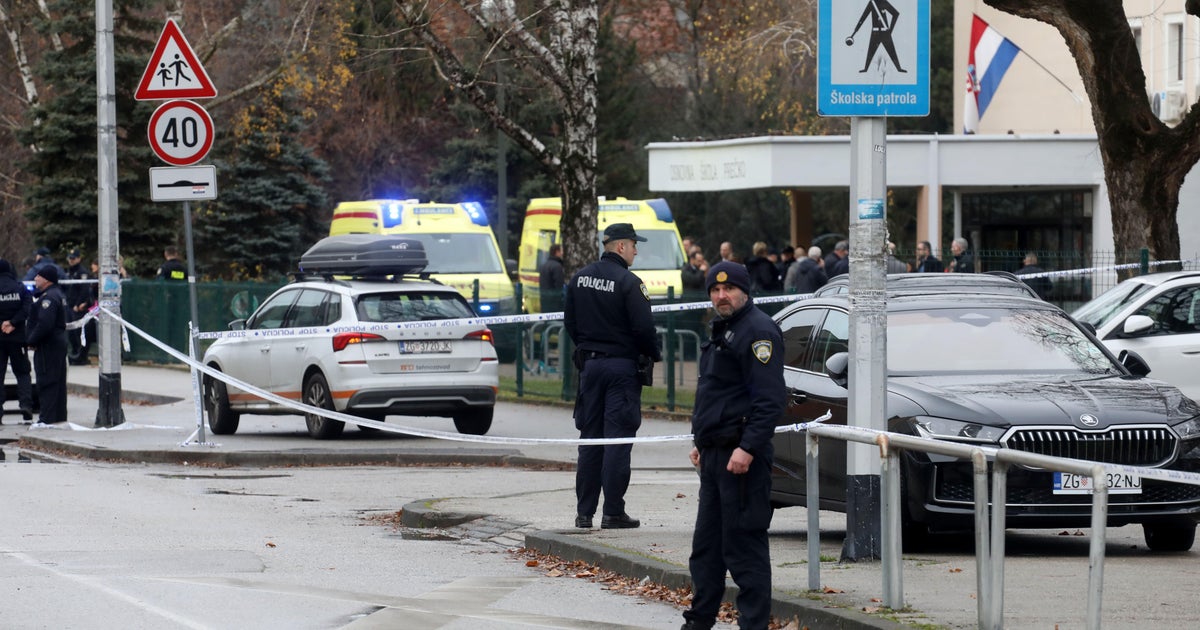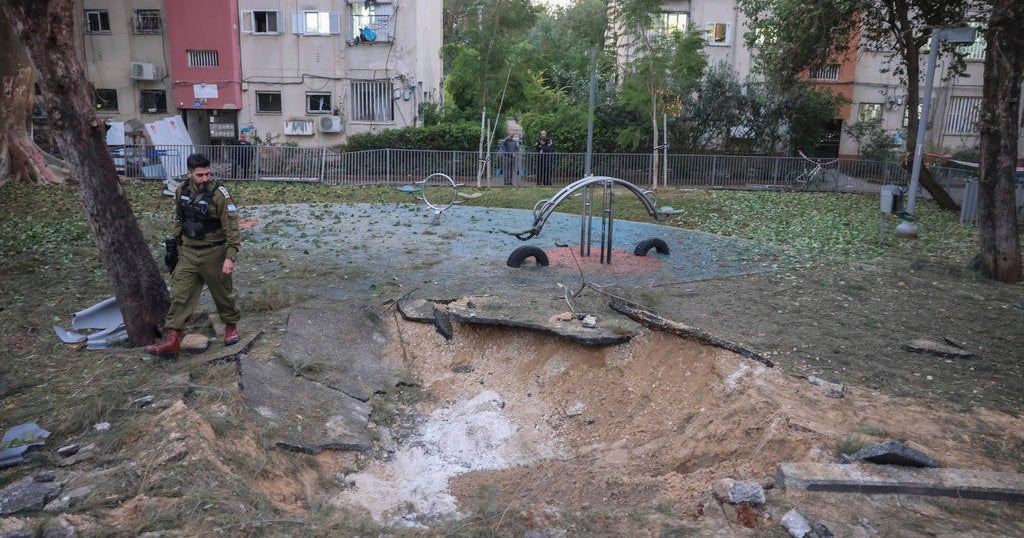India passes citizenship law singling out Muslims, sparking deadly protests
New Delhi — At least three people have been killed in protests against a new citizenship law in India that will pave the way for illegal immigrants from Afghanistan, Bangladesh and Pakistan to become citizens — unless they are Muslim. The protests escalated dramatically after India's parliament approved the changes to the country's citizenship laws late on Wednesday.
Opponents deride the new law as racist and even illegal under India's secular constitution. The new law will make Indian citizenship available to illegal immigrants of six religions other than Islam, who fled persecution in those neighboring Muslim-majority nations and took refuge in India before 2015.
The deeply controversial Citizenship Amendment Bill (CAB) was passed by the upper house of India's parliament Wednesday night by 125 to 105 votes. The lower house approved it on Monday, and India's president, a political ally of Prime Minister Narendra Modi whose party pushed the legislation, was expected to officially sign it into law later Thursday.
Opposition parties have railed against the law as anti-Muslim and unconstitutional for singling out any single religion. They plan to challenge it in India's Supreme Court, which has the power to decide whether any law violates the country's secular constitution. Much like the U.S. Constitution, India's state charter prohibits discrimination based on religion.
Violent protests
While the court challenge will take time, the public reaction to parliament's passage of the law was fast and furious. Even as parliamentarians remained locked in a fierce debate over the bill ahead of the vote, protests broke out in several Indian states.
The northeast state of Assam, which borders Bangladesh, has been the hub of the unrest. The government imposed a curfew and cut mobile data services in several districts in a bid to quash the unrest, but thousands ignored the curfew and took to the streets anyway.
Protesters fought pitched battles with police and paramilitary forces and several vehicles were torched in Guwahati, Assam's biggest city. Hospitals there confirmed at least three protesters were killed, amid reports of mass arrests and police using live ammunition against demonstrators. Police earlier used tear gas and charged protesters.
In India's capital city of Delhi, protesters marched on the streets and burned copies of the bill. Protest marches were also taking place in Rajasthan, Bihar, West Bengal and other states.
"Divisive and polarising agenda"
Modi's Hindu nationalist government insists the new law is not discriminatory.
"Muslims have no need to fear or worry. The Bill is not to snatch anyone's Indian citizenship. They are not included because the proposed law is for persecuted minorities in Pakistan, Bangladesh, and Afghanistan," Home Minister Amit Shah told parliament on Wednesday.
The government says the law is meant to give sanctuary and rights to the persecuted minorities from the three neighboring, Muslim-majority countries. It says Muslims have not been included because they are not minorities in those three countries.
"Are Muslims in Pakistan, Bangladesh and Afghanistan minorities?" Shah asked in parliament.
Modi said the new law would "alleviate the suffering of many who faced persecution for years."
But opponents say the move is an attempt by the Modi government to marginalize the country's own minority Muslim population. Of India's roughly 1.3 billion inhabitants, about 200 million are Muslim.
"The passage of the bill marks the victory of narrow minded and bigoted forces over India's pluralism," said Sonia Gandhi, President of the primary opposition party in parliament, the Indian National Congress. She accused the government of pushing a "dangerously divisive and polarizing" agenda with the new legislation.
More than 700 prominent Indian personalities, including judges, lawyers, academics and actors, have signed a statement condemning the bill. In it they say the government appears "intent on causing huge upheavals within Indian society."
Part of a trend
In addition to the new CAB law, the Modi government rolled out a separate scheme known as the National Registration of Citizens (NRC) earlier this year in Assam state. It required people to show proof of family residency going back decades, with anyone unable to do so being denied citizenship. It rendered 1.9 million people stateless, and those who lose appeals face detention in camps that have been compared to the detention centers holding thousands of Uighur Muslim minorities in China.
There have been reports of suicides among those held in the Indian detention camps.
The Modi government has vowed to roll out the NRC nationwide, meaning millions more could lose their citizenship. Critics note that the new CAB law will enable many non-Muslims who fail to prove residency under the NRC to regain their citizenship - so they argue the NRC will work in conjunction with the citizenship legislation to specifically target Muslims.
The two pieces of police are "a lethal combo in the hands of Government to systematically discriminate and even prosecute people based on religion," political strategist Prashant Kishore wrote on Twitter.
Some Indians have vowed to boycott the NRC, "whatever will be the consequences," to protest against the policy, and they're calling for others to join them.
Prominent human rights worker Harsh Mander, a Hindu, has said he will register as a Muslim and "demand" the same punishment meted out to any undocumented Muslims.
"If CAB is passed, this is my civil disobedience: I will officially register Muslim. I will then refuse to submit any documents to NRC. I will finally demand the same punishment as any undocumented Muslim- detention centre & withdrawn citizenship. Join this civil disobedience






